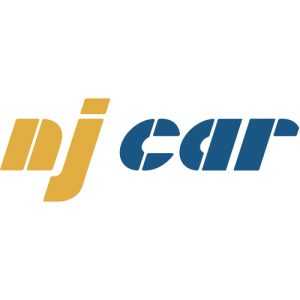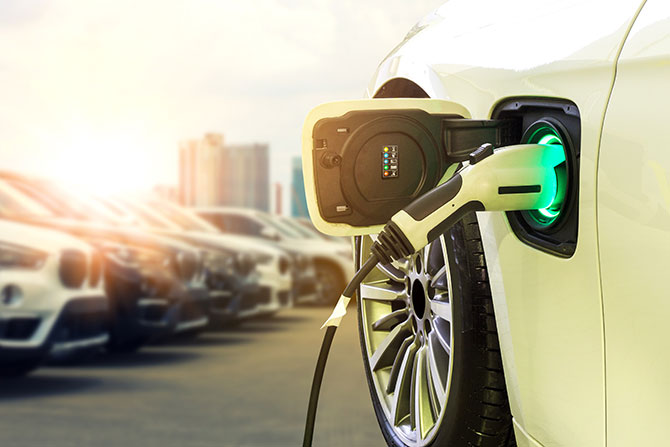Franchised dealers are ALL IN when it comes to offering a rapidly growing variety of electric vehicles (EVs) in every category and at every price point. Hundreds of billions of dollars have been invested in research and development, design, and standing up the manufacturing capacity to produce EVs in greater and greater numbers.
Consumer demand for EVs is still light (about 7% of total New Jersey vehicle sales in 2022), but generous state and federal incentives should help the EV market share continue growing, notwithstanding concerns about the overly complicated federal tax credit or the “on-again, off-again” nature of the state incentive program.
There is a great deal of upside and optimism among franchised dealers regarding the dealer EV marketplace. As is usually the case, this silver lining has a dark cloud hanging over it, with some OEMs considering or actually moving forward to spin off an EV-only line make. This has dealers very concerned.
Take Polestar, which was originally a model in the Volvo lineup, that spun off as a new, standalone line make. While dealers were pleased to see Volvo appoint franchisees, new entrants to the EV market have chosen to go it alone, like Tesla. We’re not just talking about high-visibility brands like Rivian and Lucid. Vietnamese brand, VinFast, is setting up shop in the U.S. and others are sure to follow. Legacy brands are making noise as well.
Ford CEO Jim Farly courted controversy with his comments last year about spinning off Ford EVs as a separate line make. It’s hard to determine whether this was an attempt to pump up the stock price or if he was serious about going down this road at the time. Ford ultimately decided to “separate,” but not spin off its EV business from its legacy operations.
Volkswagen also announced plans to sell the new Scout EV brand online, directly from the factory, starting in 2026. Exactly how they plan to launch the Scout in the U.S., where most states prohibit direct sales, is a question that has not yet been answered.
State franchise laws make it difficult for OEMs to bypass their incumbent dealer networks, but it’s important to note these laws were not intended to primarily protect dealers. They were aimed at protecting consumers by ensuring competition and accountability.
It’s distressing to see some automakers STILL fail to grasp the fact that independently owned and operated dealers are the best way to market any new product, especially EVs. We need to remind our OEMs about this fact, considering the proclamations at the federal and state level, that every vehicle sold by 2035 will be an EV. Franchised dealers are a critical cog in the EV marketplace, but they are also caught in the middle of a tornado of ever-evolving activity.
Government can mandate that manufacturers produce as many EVs as they want. Automakers can produce them as fast as supply chain conditions will allow. And these vehicles can flow down to dealer lots, but they do no good for the environment until customers purchase them.
The consumer will decide when (or if) we become a 100% EV market, not politicians. And those consumers should benefit from the competition and protections afforded to them by the franchise system, not be forced to purchase their EV directly from a manufacturer (start-up or legacy) that has a monopoly on the entire car-buying process.








